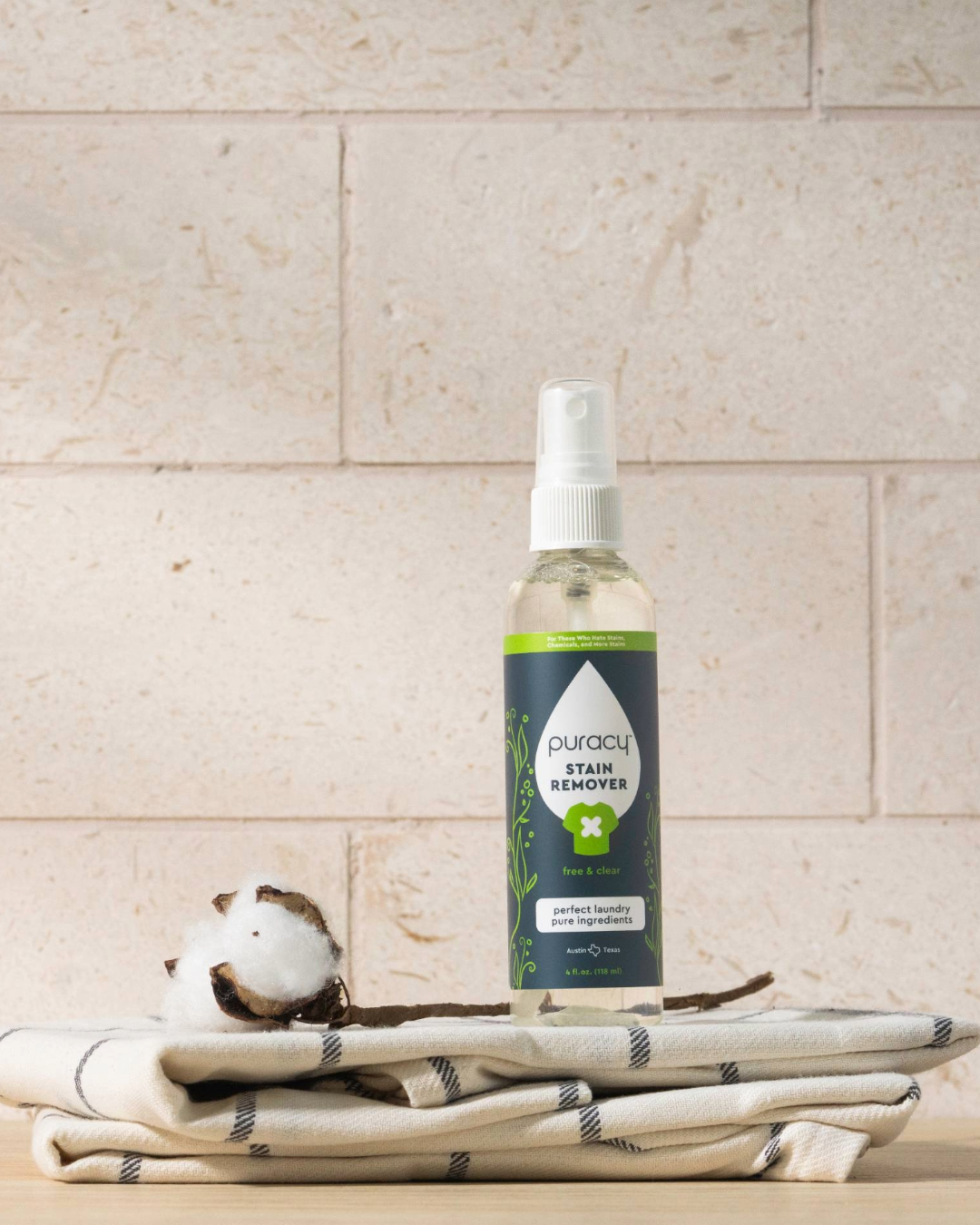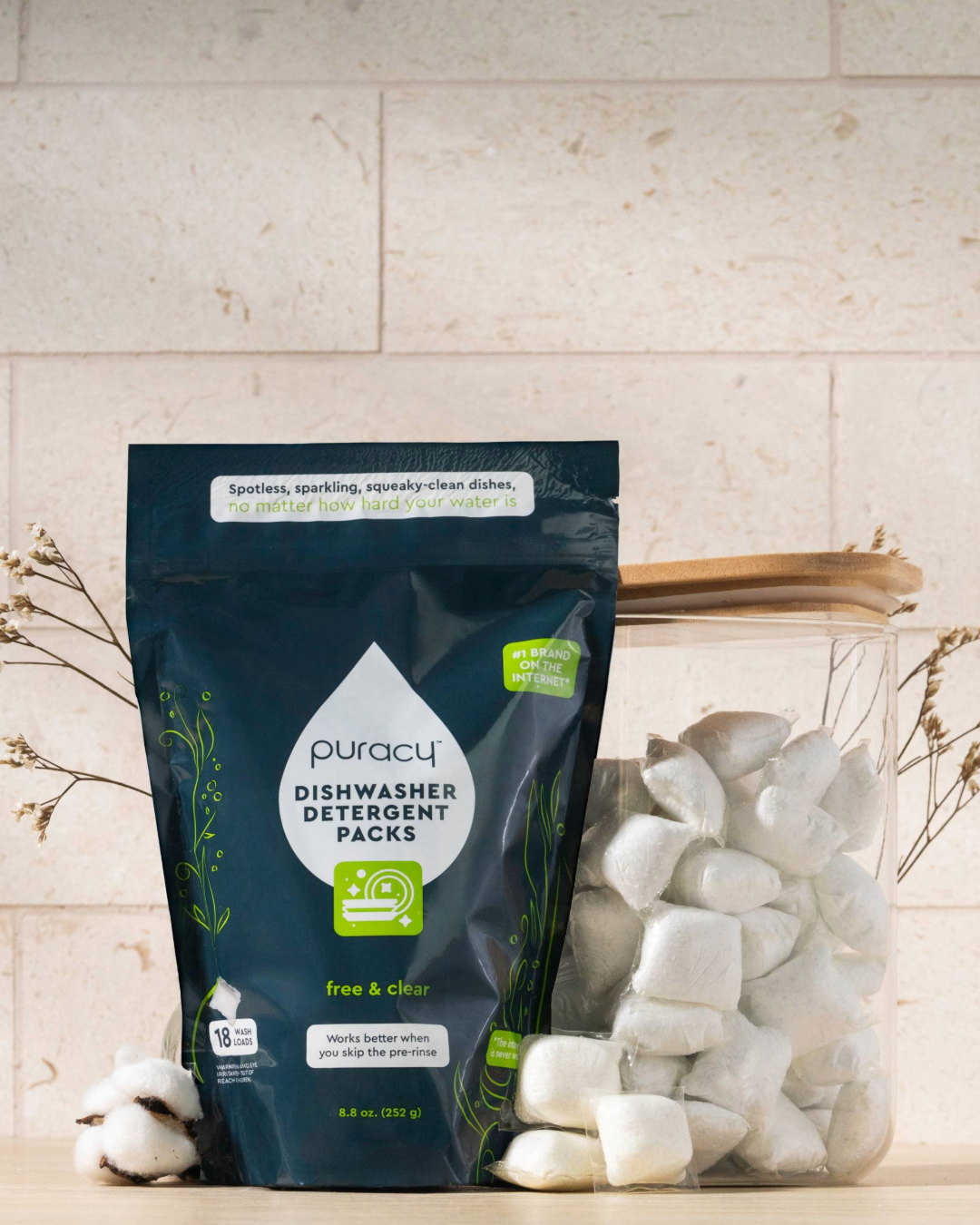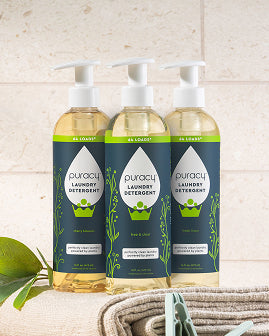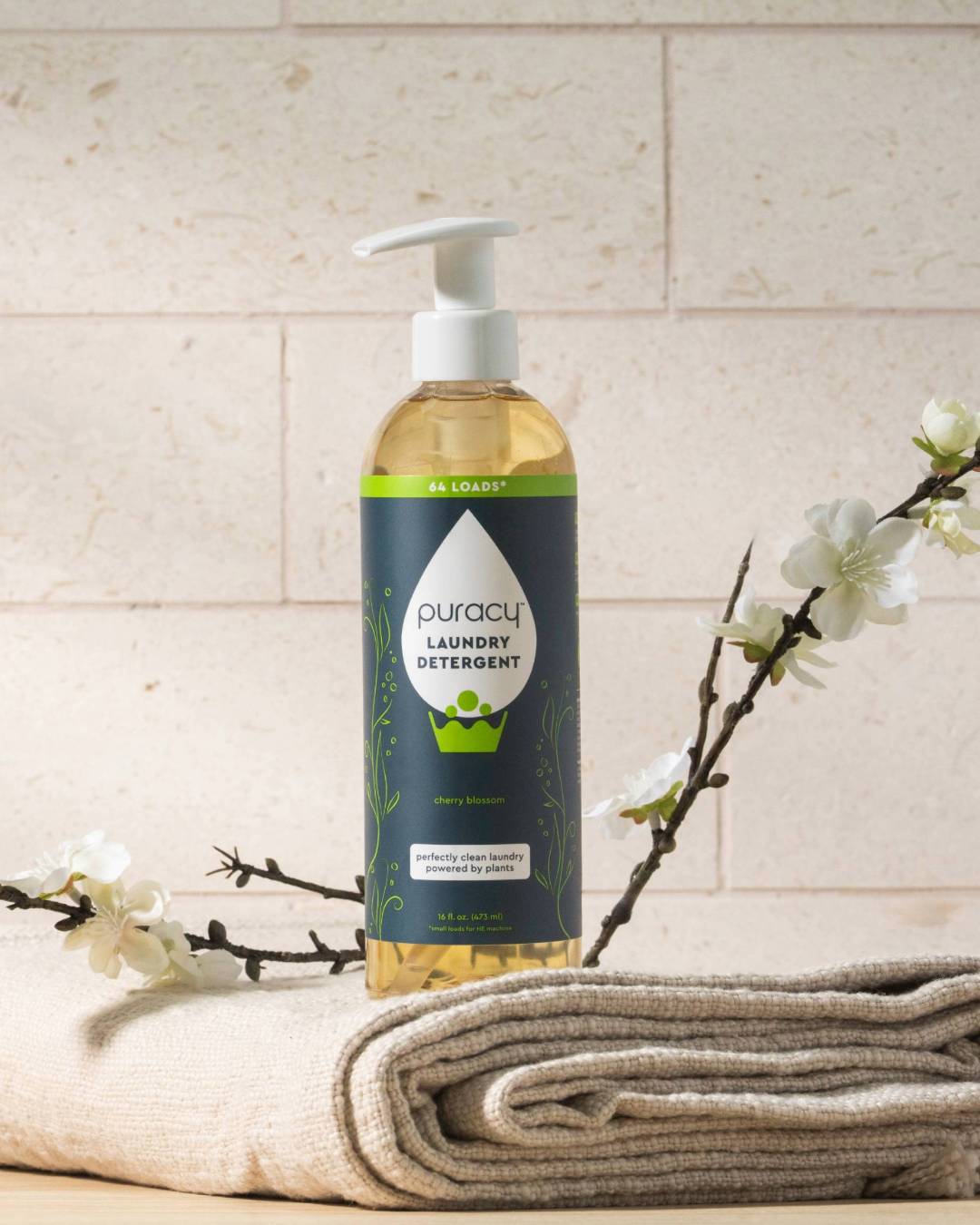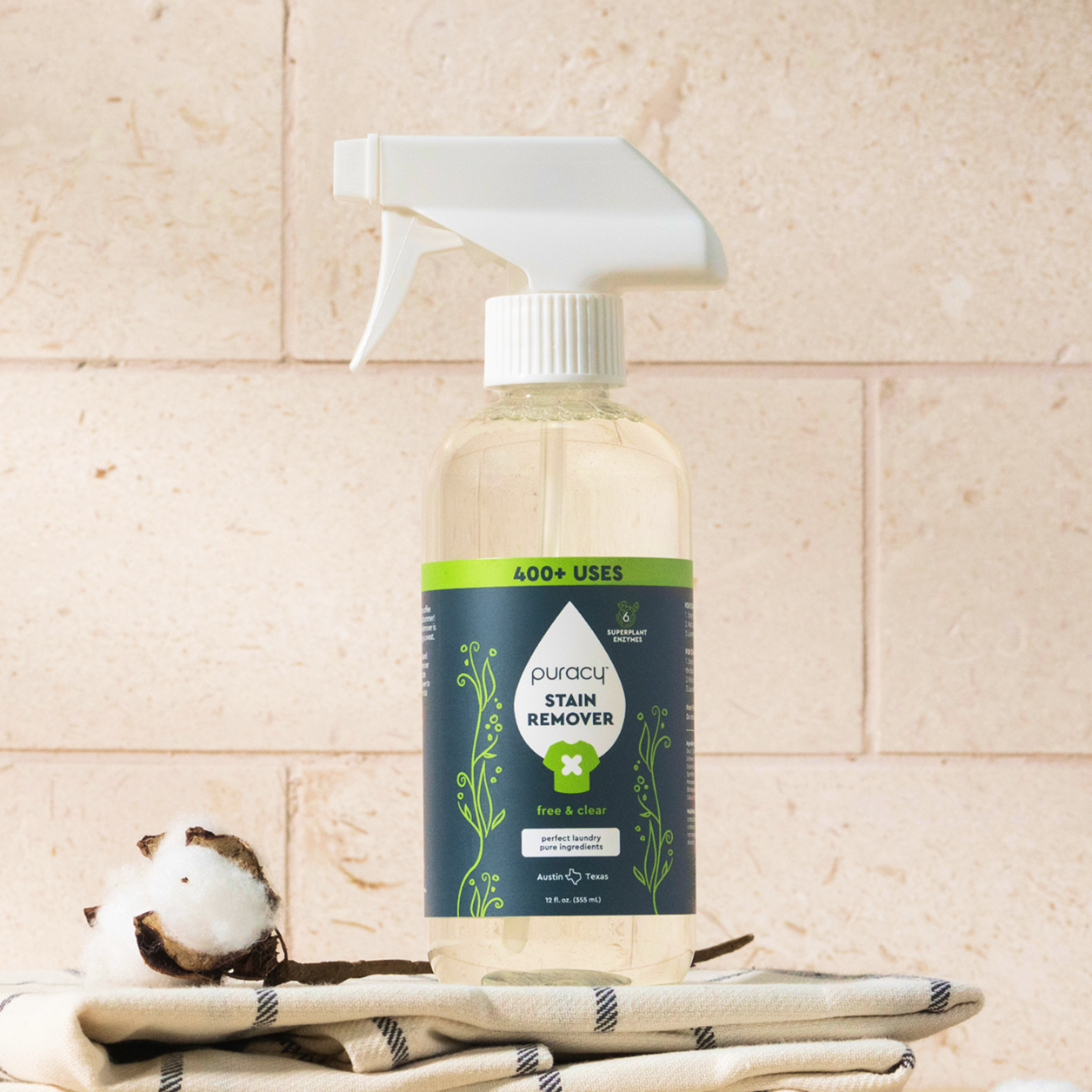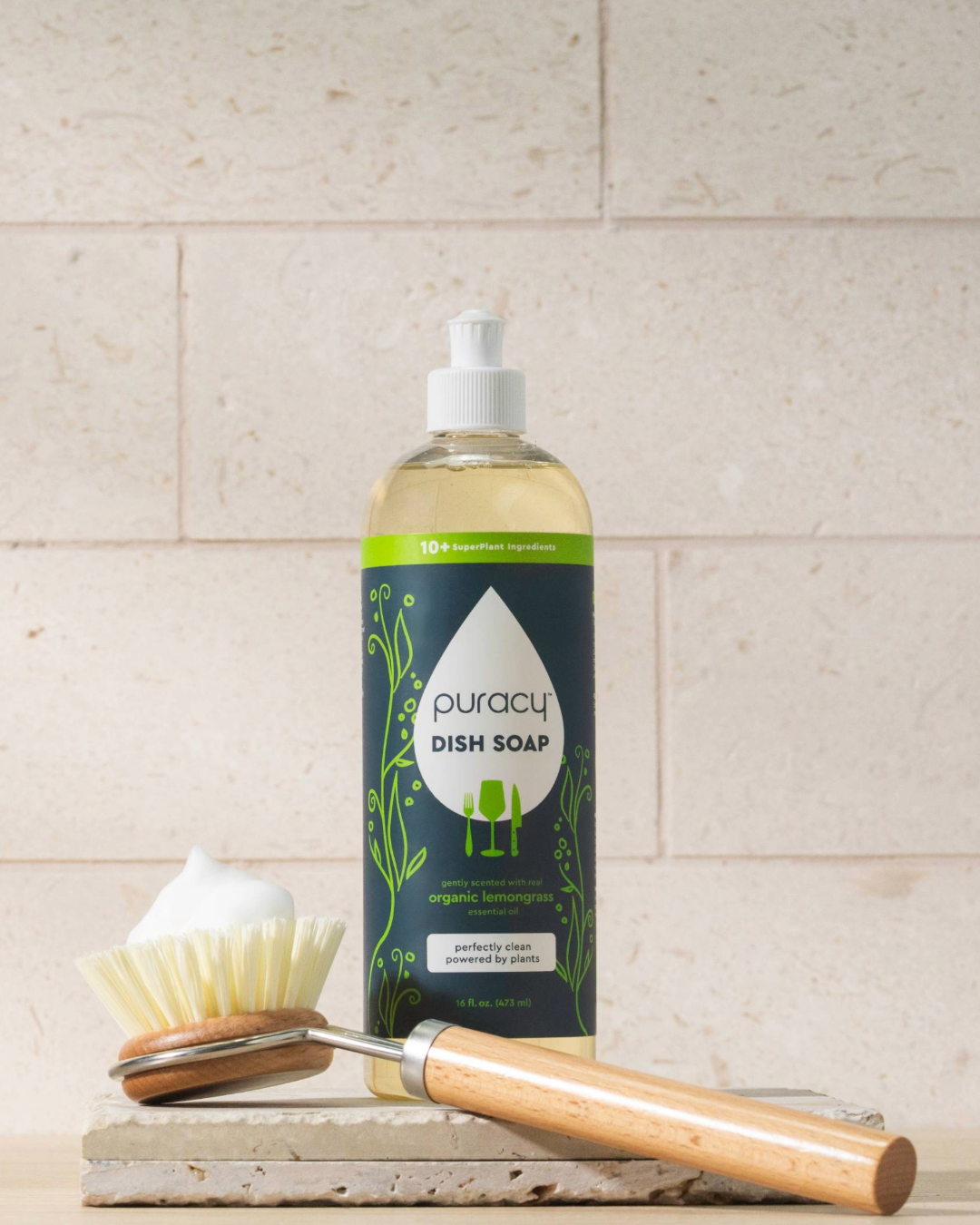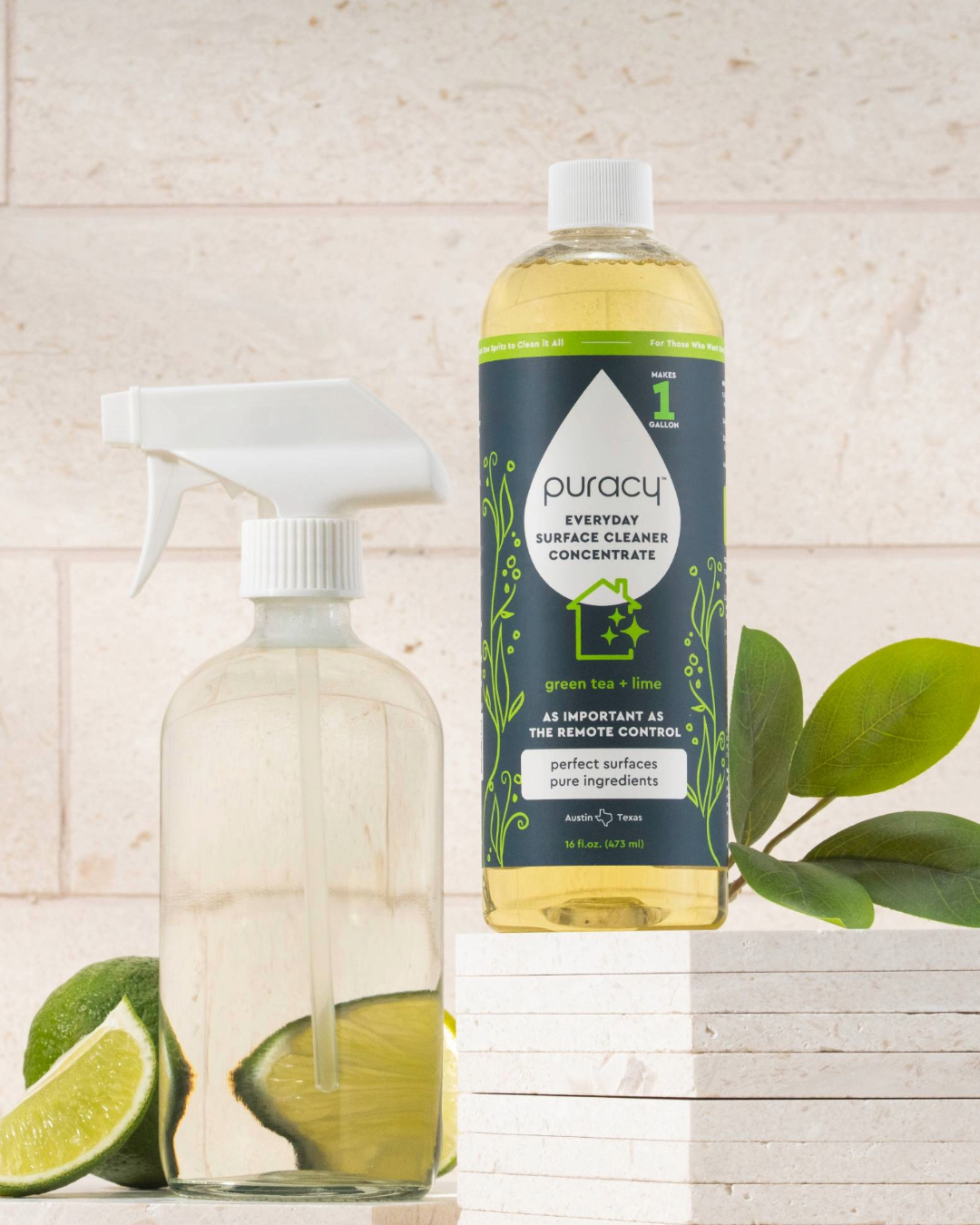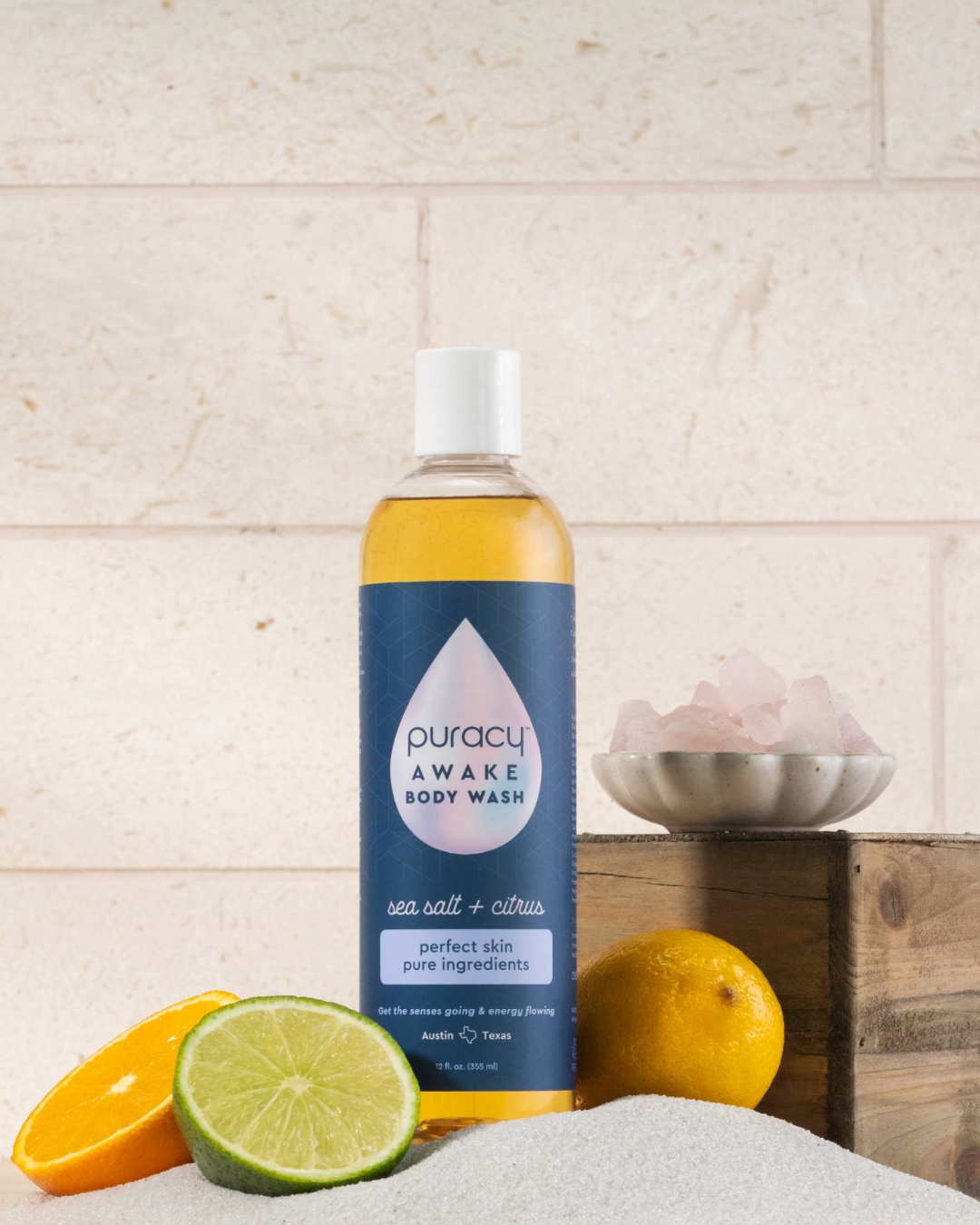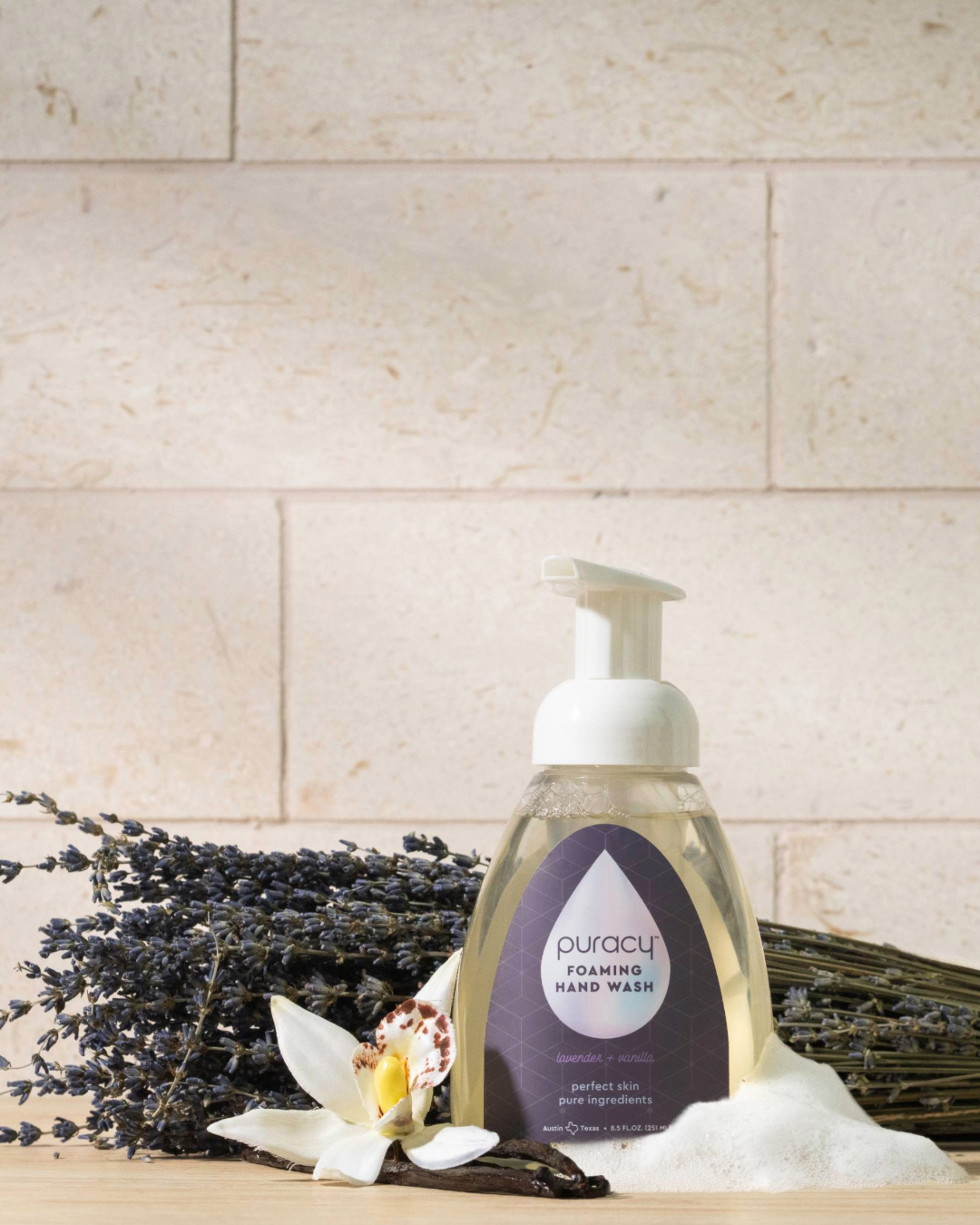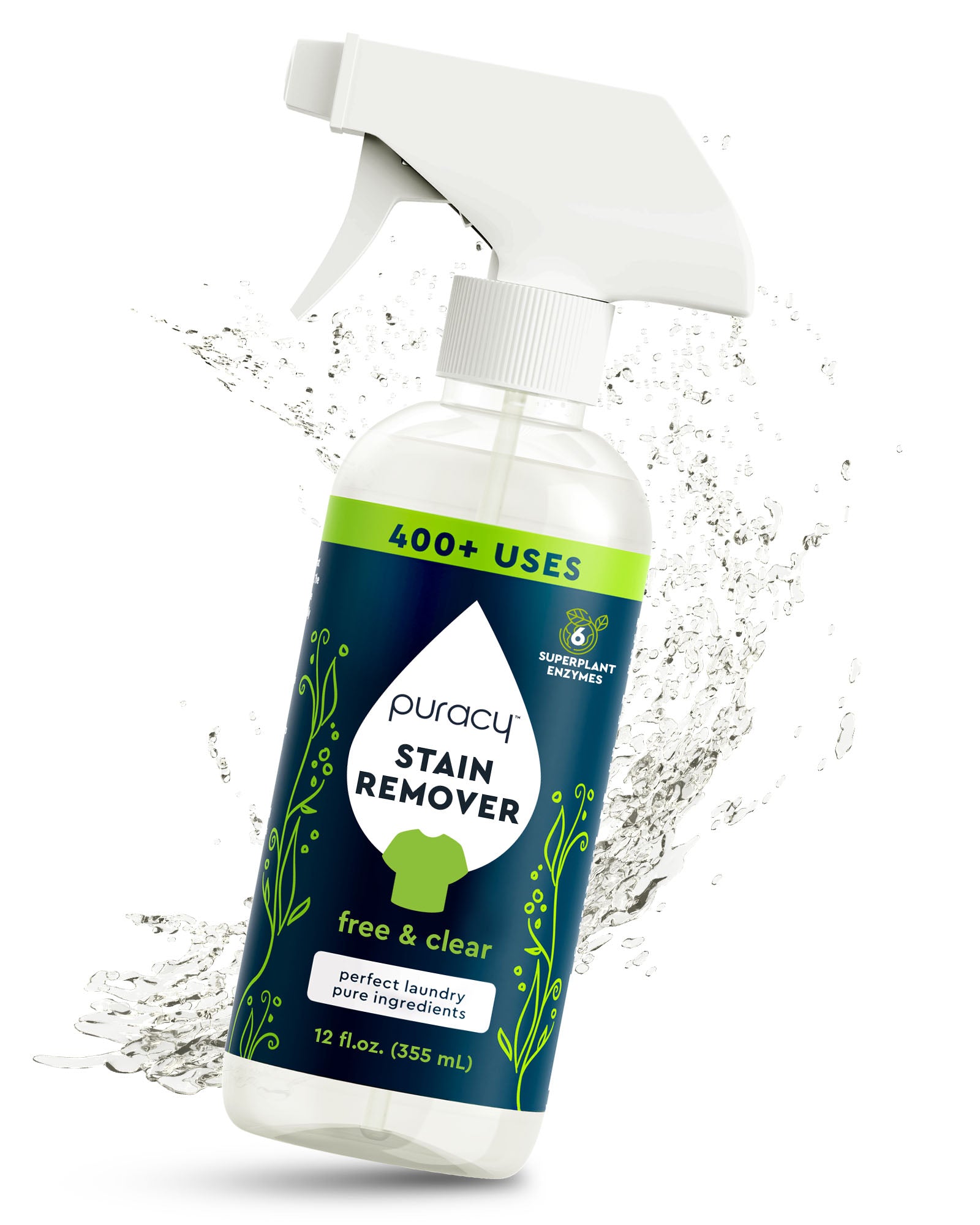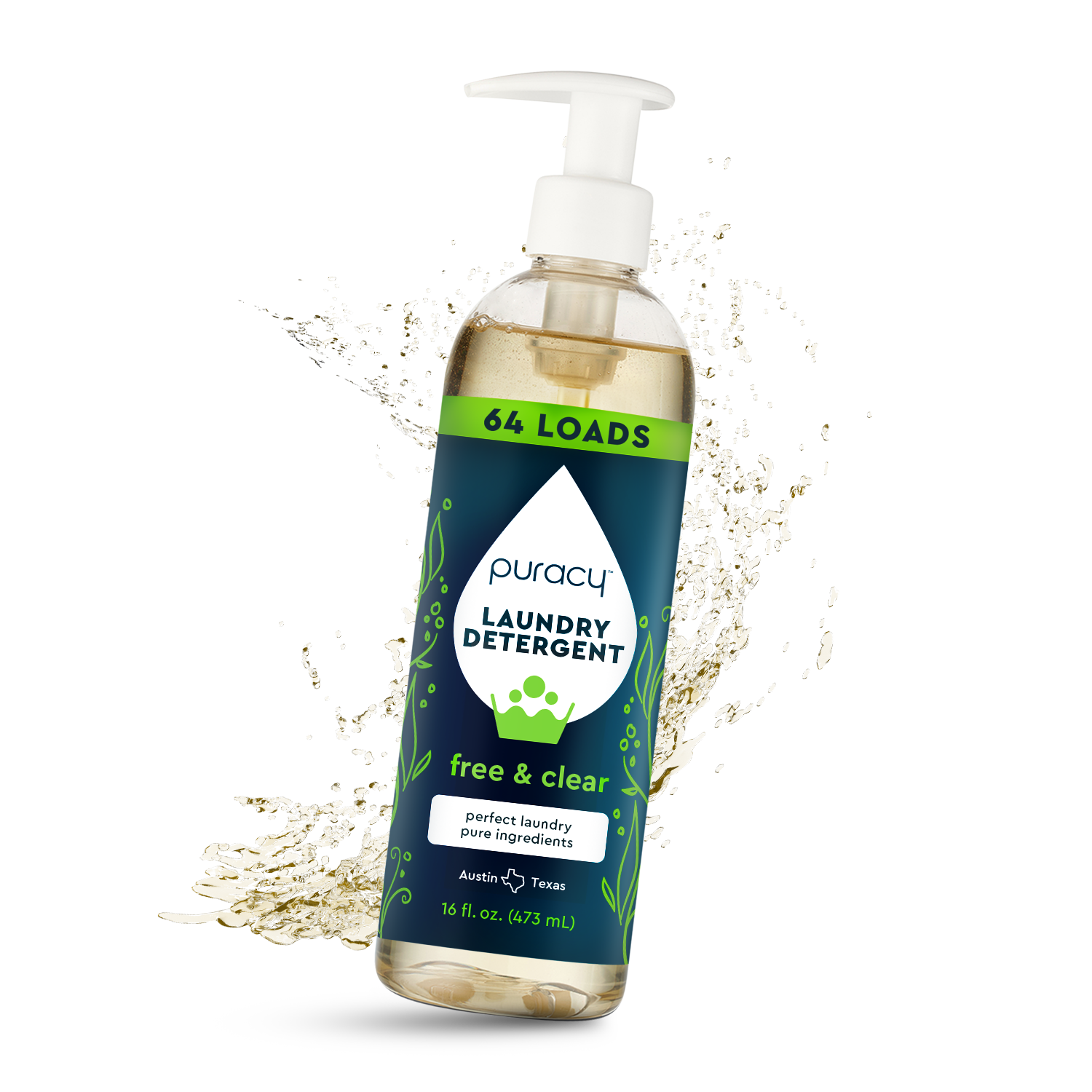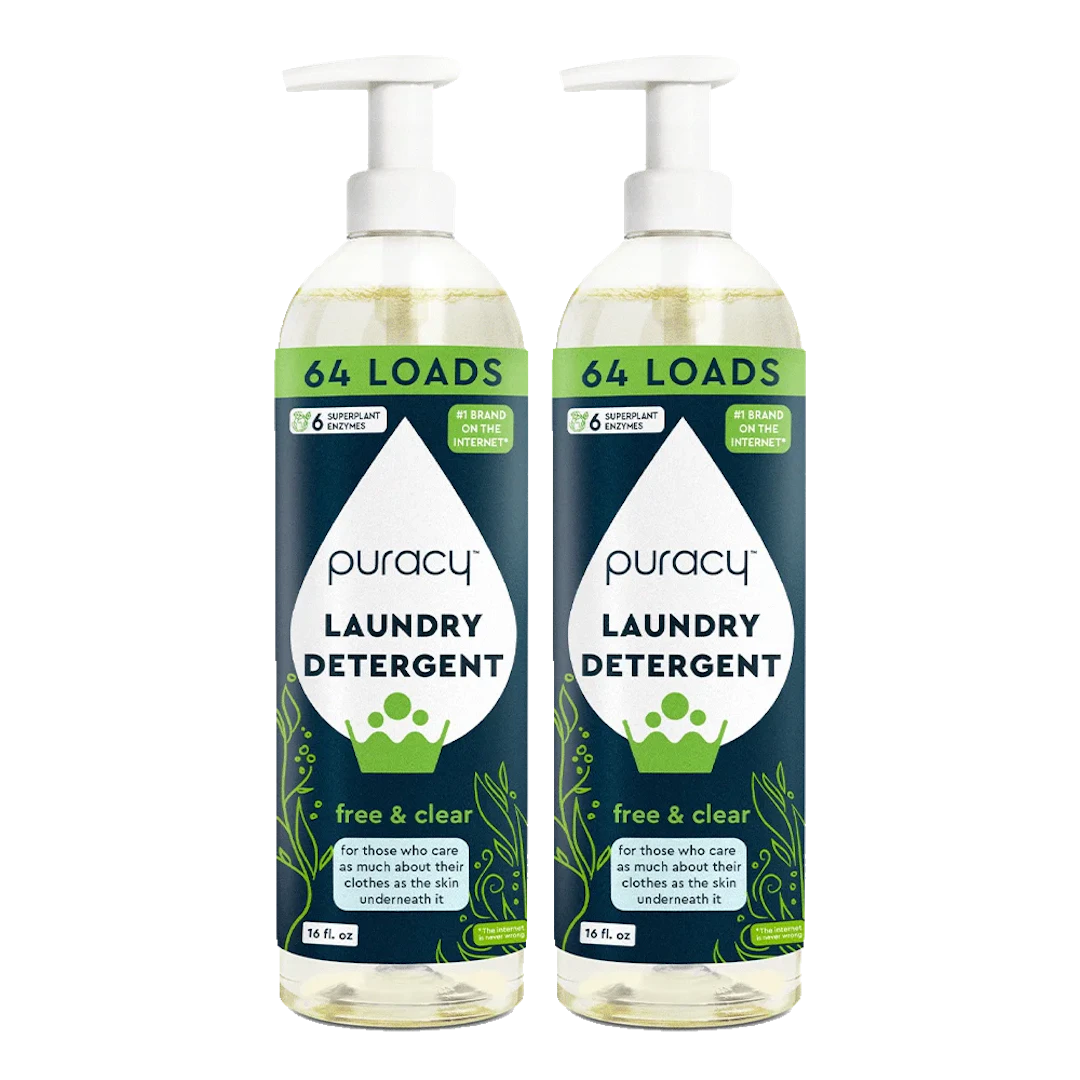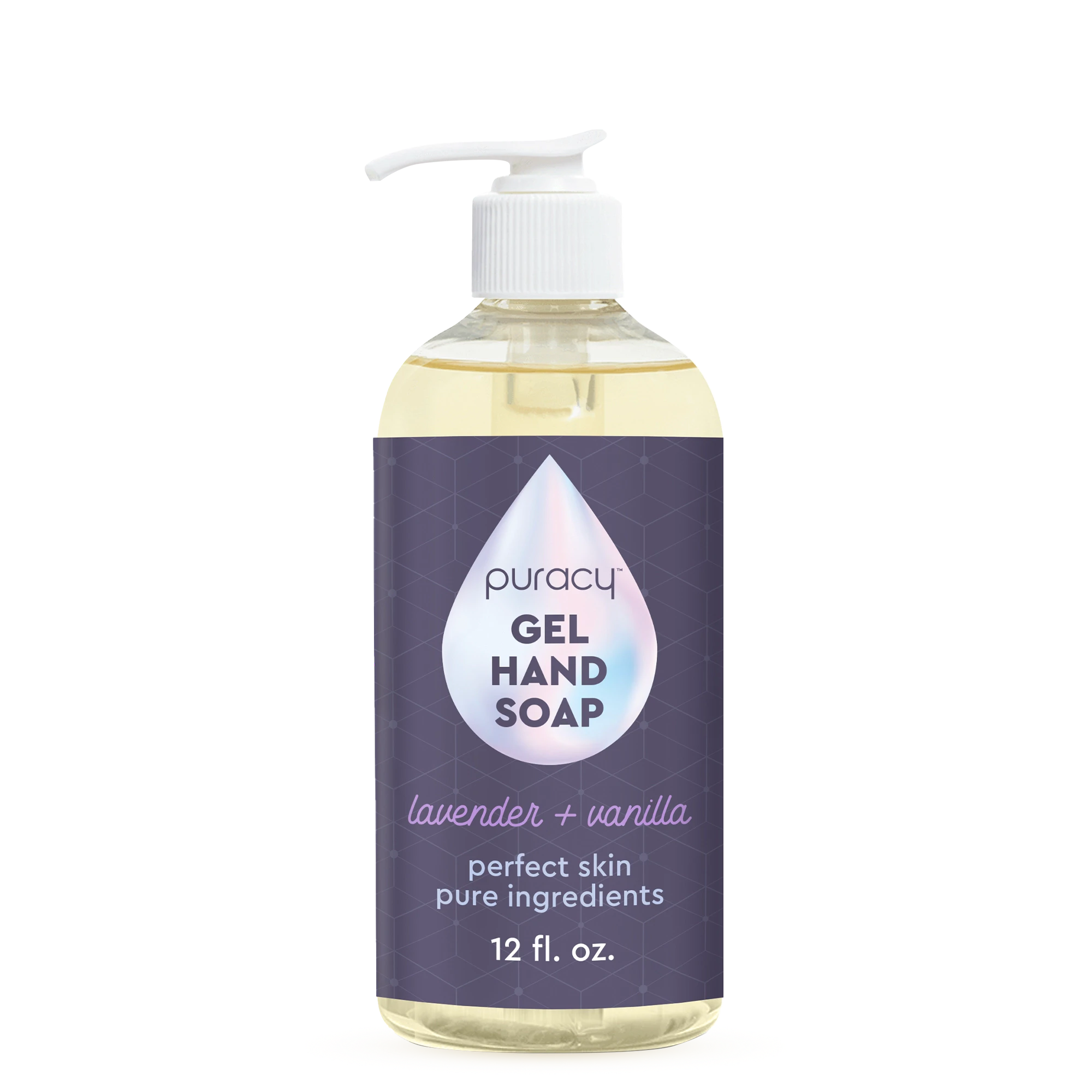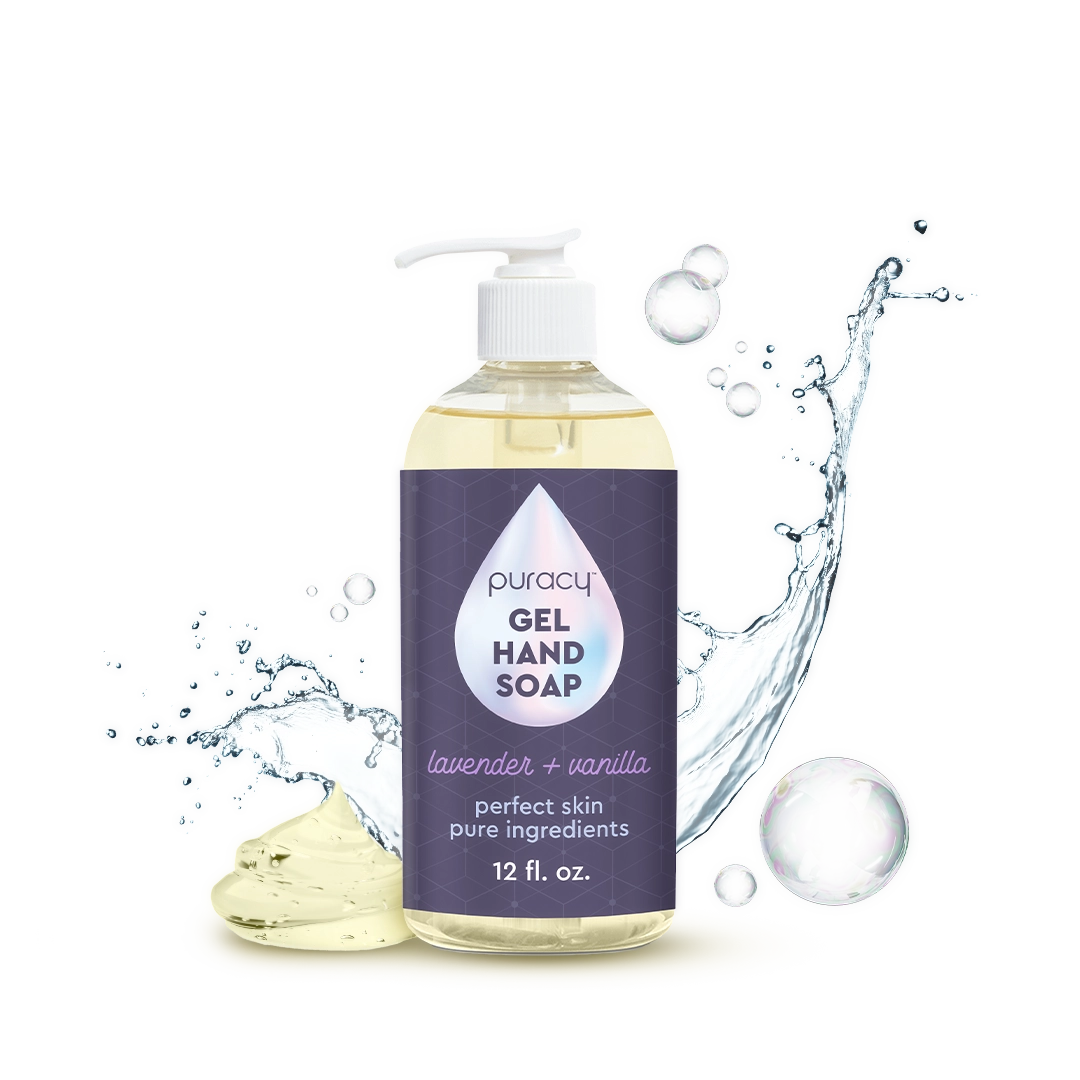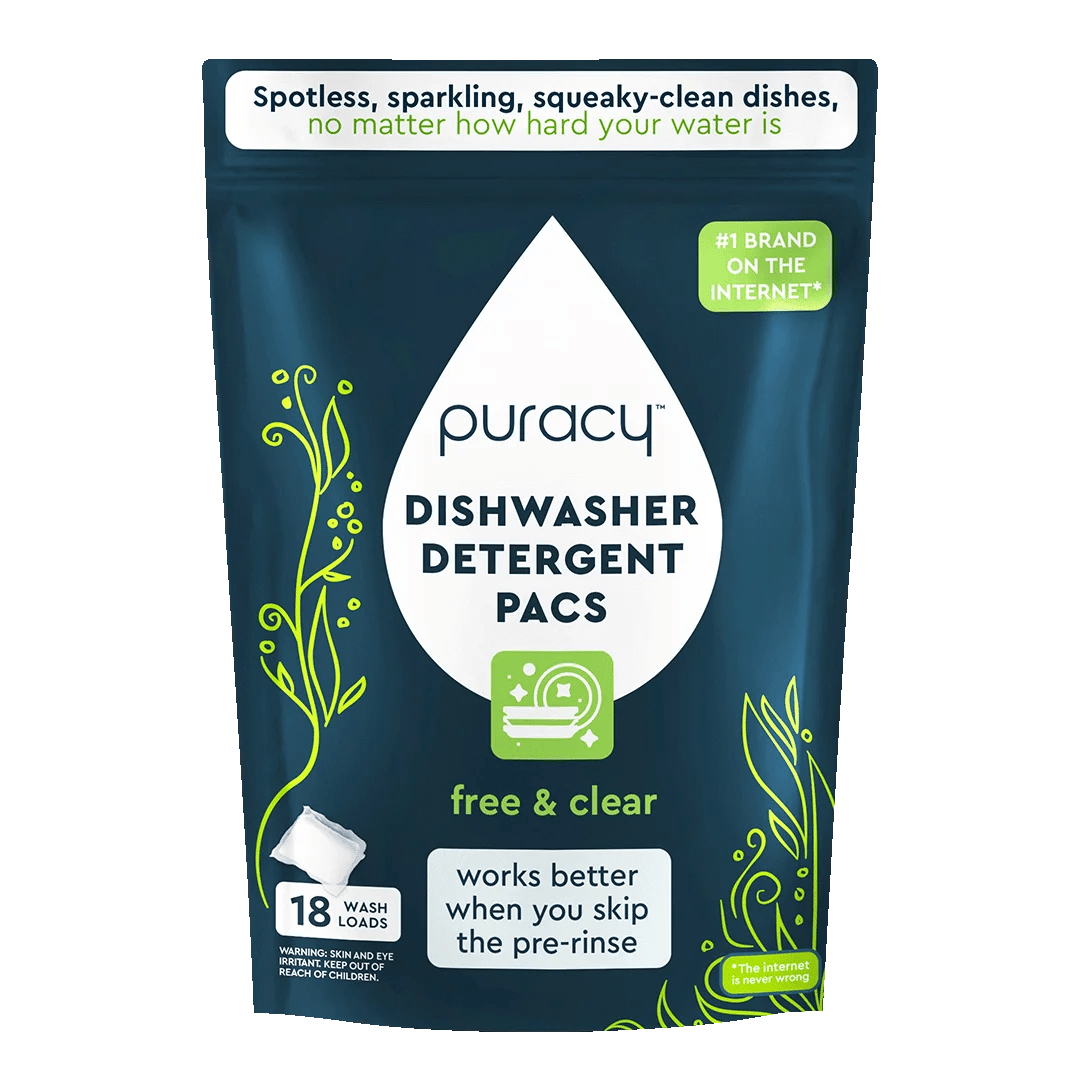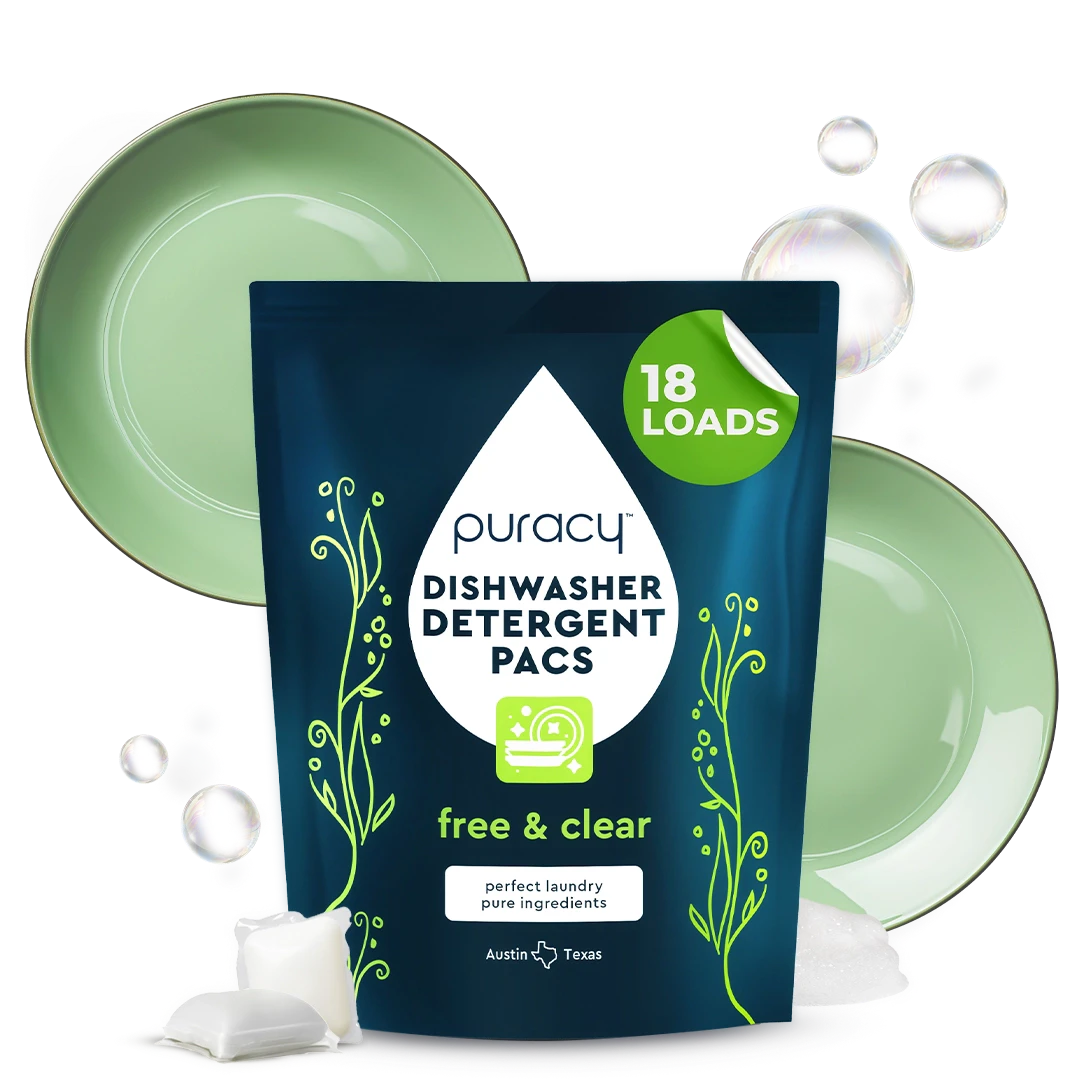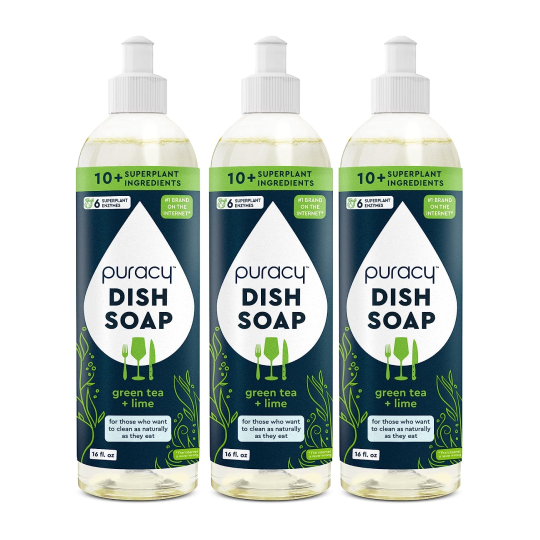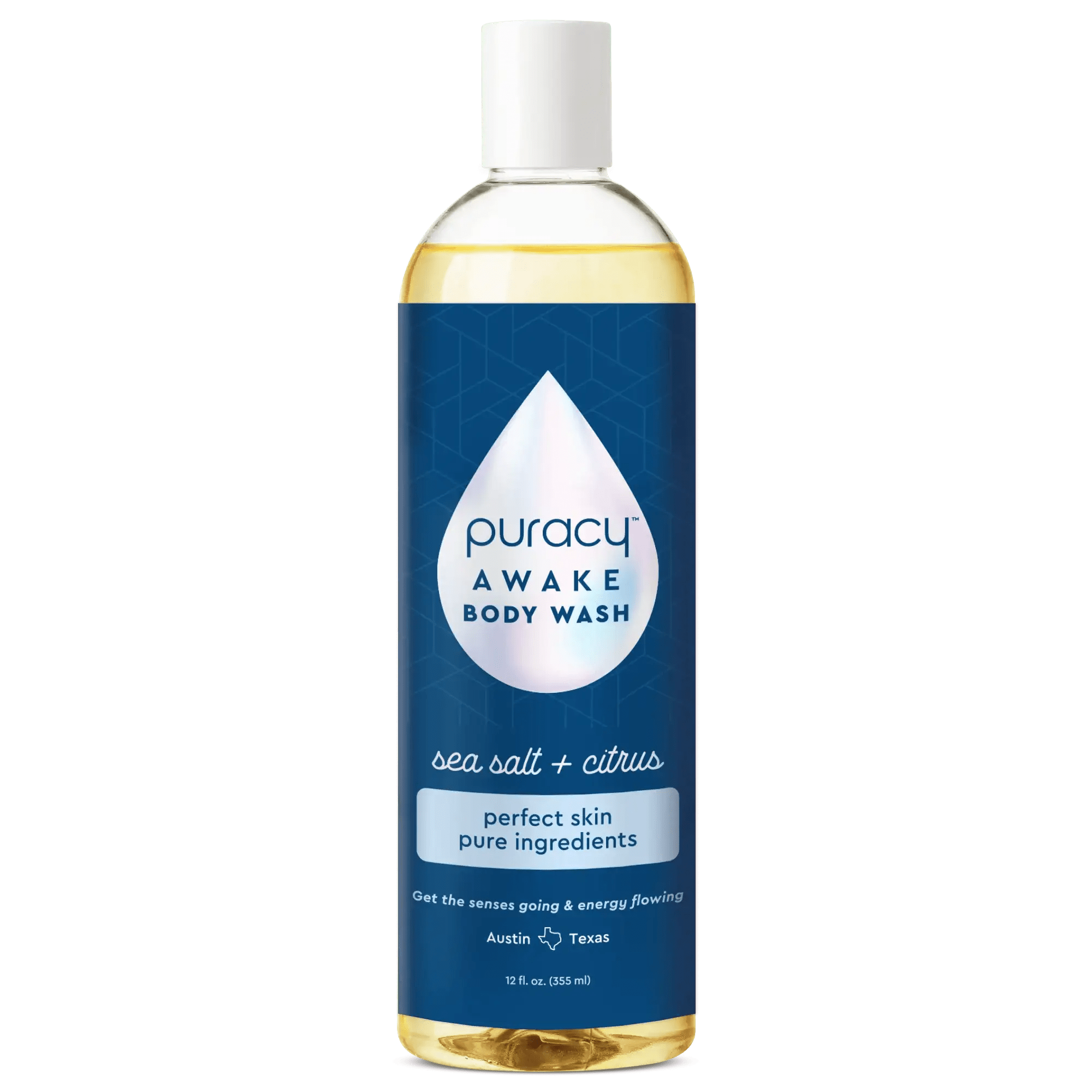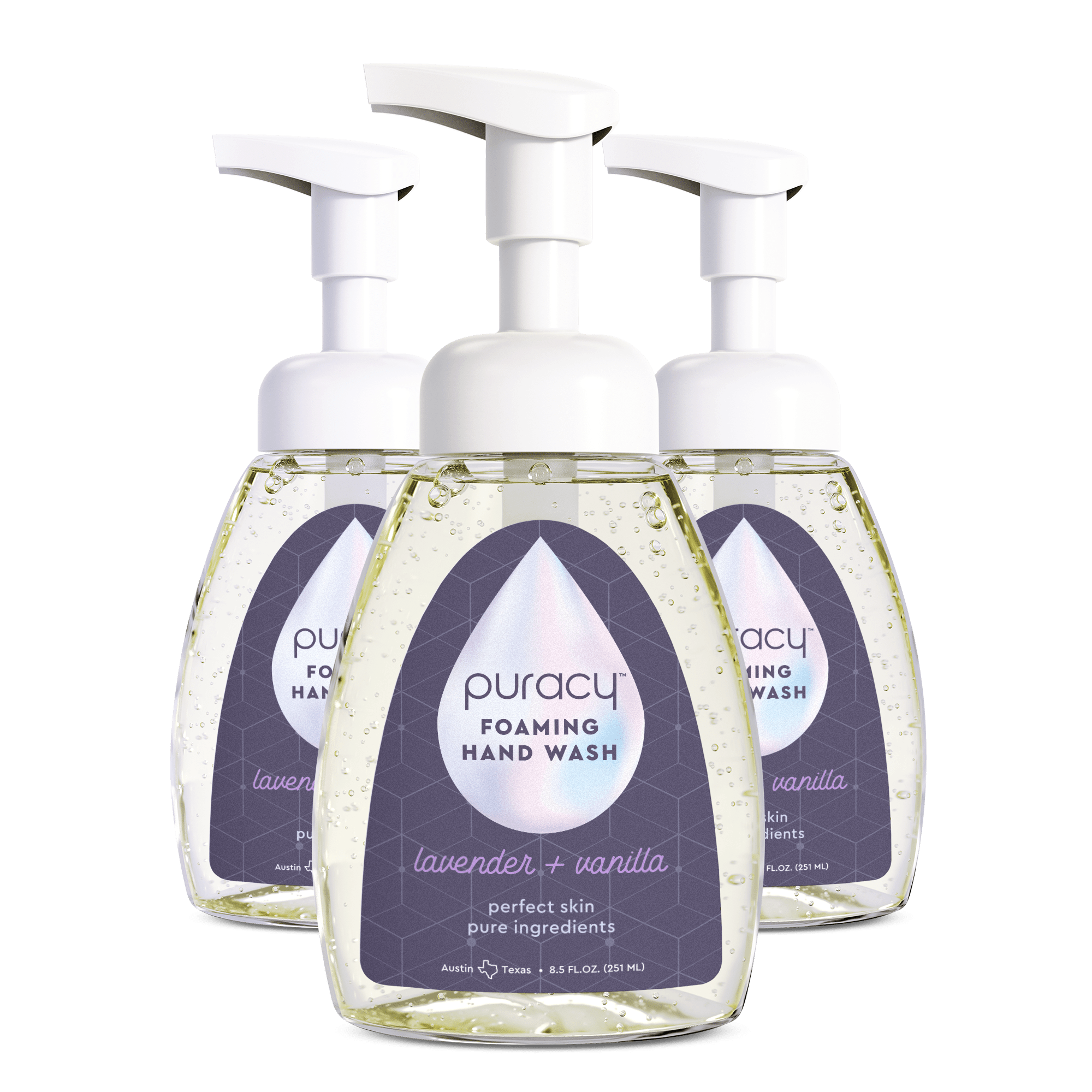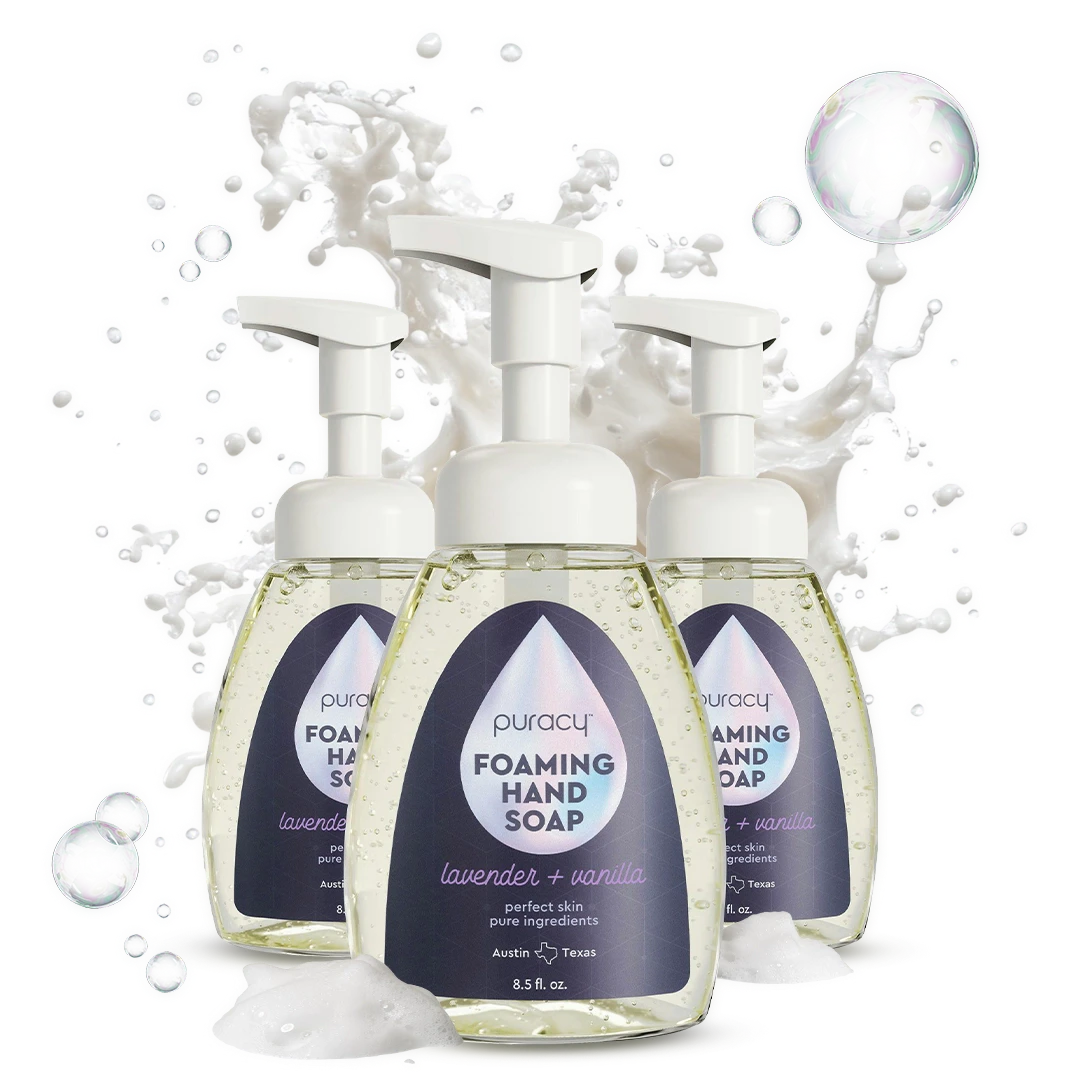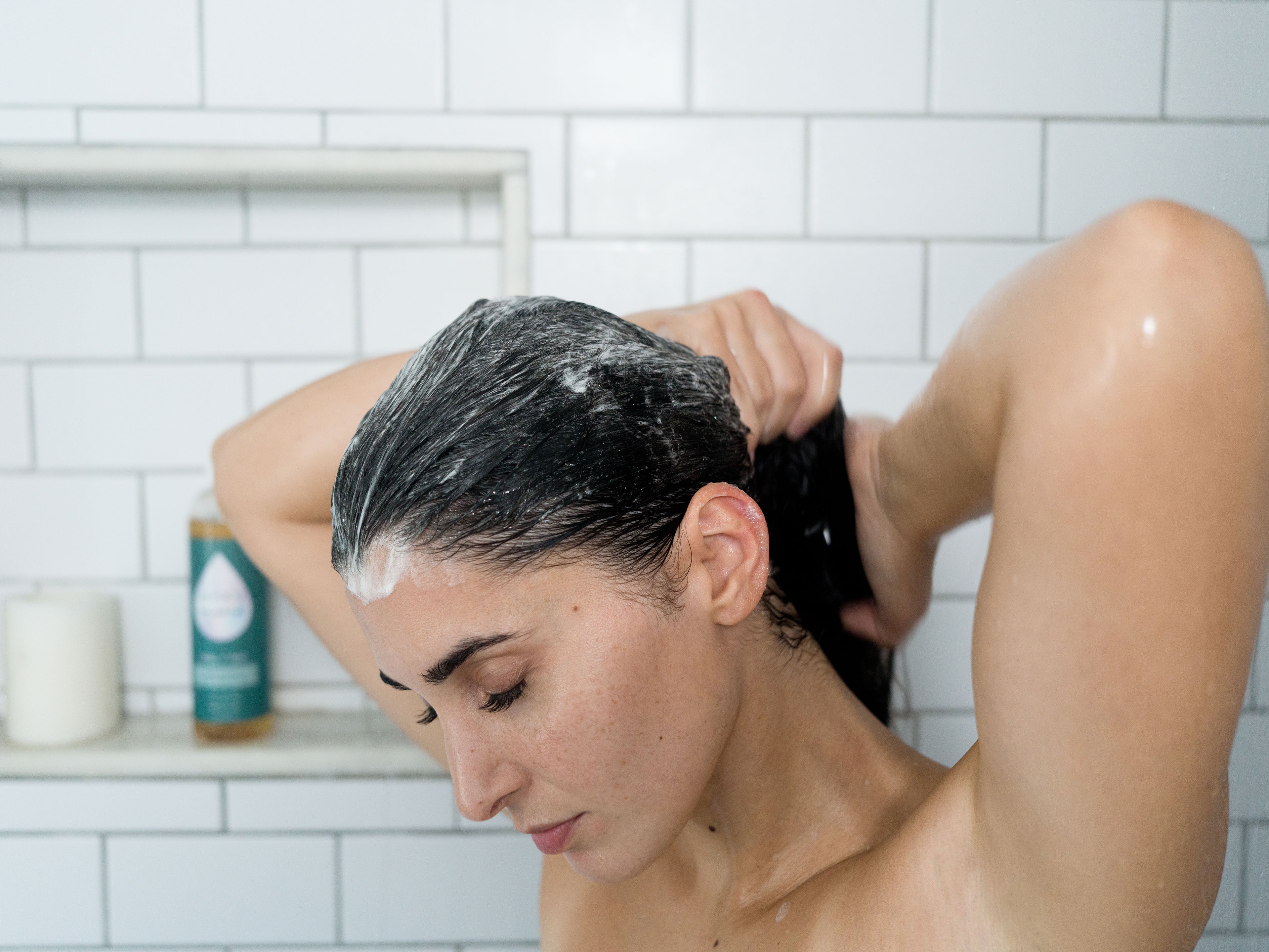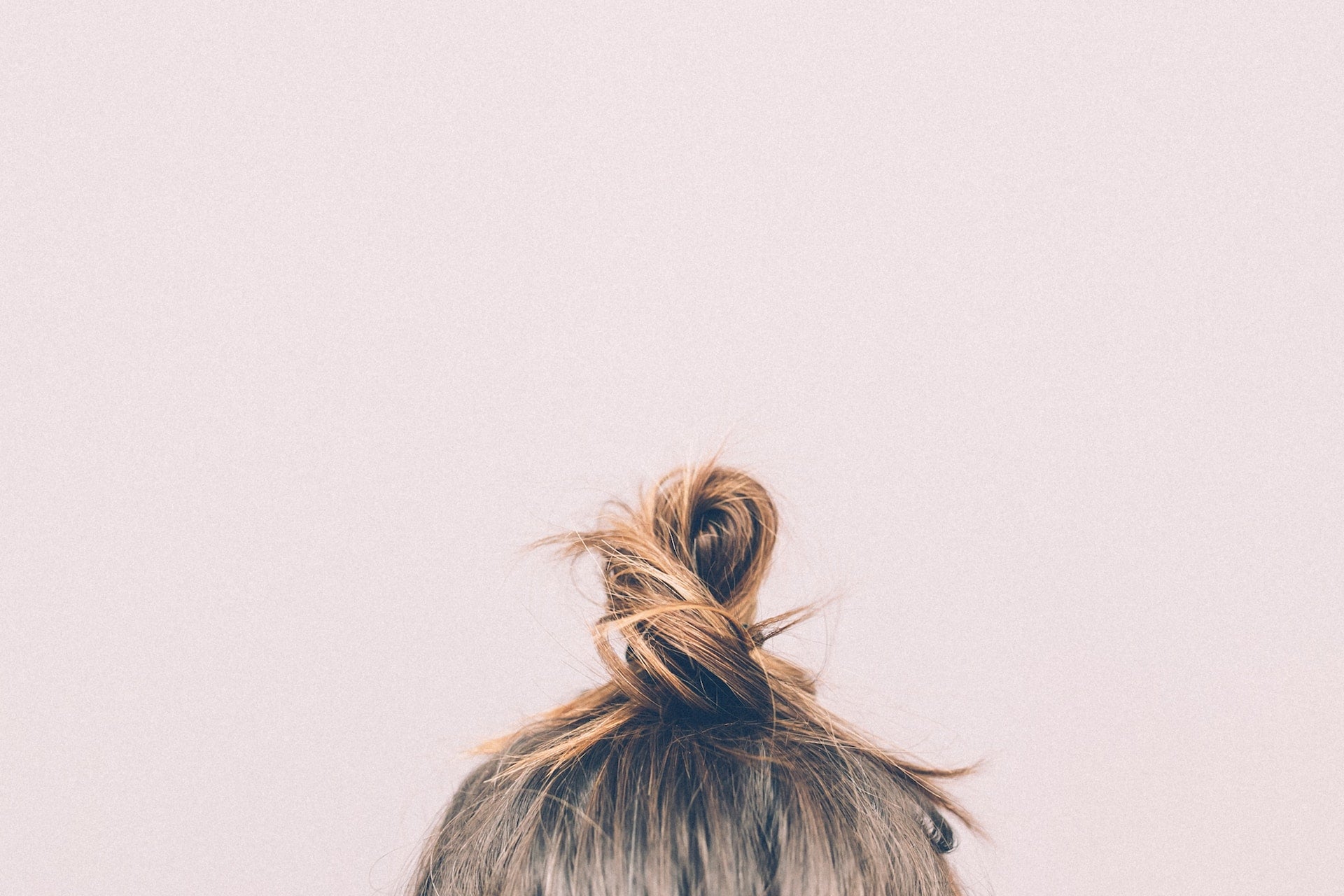
Is Conditioner Bad For Your Hair?
If you've ever wandered the hair care aisle and felt overwhelmed by the options, you may have wondered: is conditioner bad for your hair? Discover how some conditioners can indeed damage your hair, as well as proper conditioning technique for strong, healthy tresses.
Can Conditioner Really Be Bad For Your Hair?

Conditioners are meant to keep your hair healthy, strong, and manageable, but when overused or not properly rinsed off, it can damage hair. Further damage can occur if you use a formula that does not suit your hair texture or needs, which can result in conditions like dandruff, dryness, or in some cases, breakage.
The Function of Conditioners

When properly applied, conditioners are meant to leave hair smooth and softer after your scalp is washed off sweat, dead skin, and product residue after you shampoo. They can also protect the hair shaft from damage and breakage by reducing friction between strands, making it easier to brush or comb it.
Benefits of Using Conditioner
When used correctly, there are many benefits to including conditioner in your hair care routine.
- Detangling
Conditioner can keep knots from forming and helps protect hair from breakage and split ends.
- Moisturization
Regular conditioning hydrates hair, which is especially useful during colder months when your tresses can get dry or dull.
- Hair Strength
Many formulas strengthen hair and replenish nutrients and natural oils lost from regular shampoo washing.
- Heat Protection
If you regularly style your hair using straighteners, irons, or hair dryers, conditioners can help protect your hair from dryness and breakage as a result of the constant heat exposure.
How Conditioners Work
Most conditioners are formulated with positively charged detergents known as cationic surfactants. Since hair strands are negatively charged, these surfactants bind to them, enclosing each strand's cuticle, keeping it smooth and strengthened.
Unlike shampoo, conditioner surfactants do not easily wash off and it coats the hair, making it easier to manage when combing or brushing. Cationic surfactants also often have anti-static agents, which improve the look and shine of hair.
When Can Conditioners Harm Your Hair and Scalp?

Like any hair care product, overusing conditioner or choosing the wrong formula can lead to damage to your hair and scalp.
Potential Effects on Hair
Be sure to choose a formula based on your hair texture and its specific needs. Thinner, straighter hair typically needs gentle formulas that nourish and hydrate, whereas curlier hair needs a stronger formula that protects their texture without drying it out.
If you apply conditioner directly to your roots, this can leave them oily and flatten your hair. As your sebum-producing roots are generally the oiliest part of your scalp, you should not condition this area.
- Breakage
If you do not thoroughly rinse or you overuse conditioner, this can leave hair excessively greasy with clogged follicles that make your hair more prone to breakage and split ends.
Potential Effects on Skin Damage
Avoid harsh ingredients such as sulfates, parabens, silicones, benzophenone, synthetic fragrances, and chloride, as these can often irritate skin and, in some cases, trigger allergic reactions.
If you notice whiteheads or acne on your face or back, your conditioner can possibly contain oil that is clogging your pores. Papules, flesh-colored bumps, can often appear around your forehead, hairline, or back, as a result of excess oil.
The Dangers of Over-Conditioning

Excessive conditioner use can damage your hair. Over-conditioning usually results in hair that is flat and limp, as a result of accumulated build-up and excess grease. Those with straight or fine hair are usually more prone to over-conditioning since their follicles are more non-porous and less able to fully absorb ingredients.
Signs of Over-Conditioned Hair
If you notice the following, you may be over-conditioning your hair:
- Greasy, oily hair
- Excessive shine
- Unable to style hair using heat, such as curling irons or hair dryers
- Dull, lifeless hair that seems weighed down
What’s the Right Way to Use Conditioner?

Follow these steps for correct application.
- Thoroughly rinse shampoo from your hair.
- Remove excess water from hair using gentle squeezing motions. (Conditioners work best on damp hair.)
- Apply a quarter-sized amount of conditioner to your palm.
- Apply the conditioner through the length of your hair, but avoid your roots.
- Allow the conditioner to soak for up to 2 minutes.
- Thoroughly rinse off the conditioner.
Pro tip: You can tell your conditioner is fully rinsed off when your hair no longer feels slippery. However, avoid roughly scrubbing your scalp to remove conditioner, as this can damage or irritate your skin and hair.
Common Myths and Misconceptions Debunked

You should use a conditioner every day.
How often you condition depends on your hair type, as well as what kind of formula you are using.
- You should only use rinse-out conditioner after each shampoo, which you should generally only do a few times a week. If your hair is very fine or very oily, conditioner can weigh down your hair, so you may want to condition even less frequently. However, you may benefit from more frequent conditioning if you have dry or color-treated hair, as they could use the added moisture.
- Deep conditioners should only be used every 1-2 months and only for damaged or very dry hair.
- For leave-in conditioners, you should only use it once a week. However, those with curly or dry and damaged hair, may benefit from using it up to 2-3 times a week.
Using the same brand of shampoo, conditioner, and other hair products works better.
Using the same brand of shampoo and conditioner can be beneficial since both products are usually formulated to compliment each other – but it isn't always necessary. Choose your products, whether it’s styling tools, dry shampoo, or hairspray, based on your hair texture and hair type, and in some cases, using a different brand or range may be what your hair needs.
You should condition only the tips of your hair.
Though the tips of your hair can be prone to split ends and breakage, you should apply conditioner to most of your strands. However, avoid applying it to your roots since this can leave hair greasy and weighed down.
Conditioner is the ultimate cure for all hair problems.
Though it can nourish your hair and make it smoother and more manageable – it can’t do everything. If you’re experiencing hair loss, severe breakage or dandruff, or balding, you should consult a dermatologist or trichologist to find the best solution for you.
Protect and Condition Your Hair Using Natural, Plant-Powered Formulas

At Puracy, our Natural Conditioner was developed and rigorously tested by salon professionals, chemists, and real human beings. The end result? A gentle, color-safe, hypoallergenic formula that spins your hair into weightless silk with only gentle botanicals, vitamins, and minerals.
